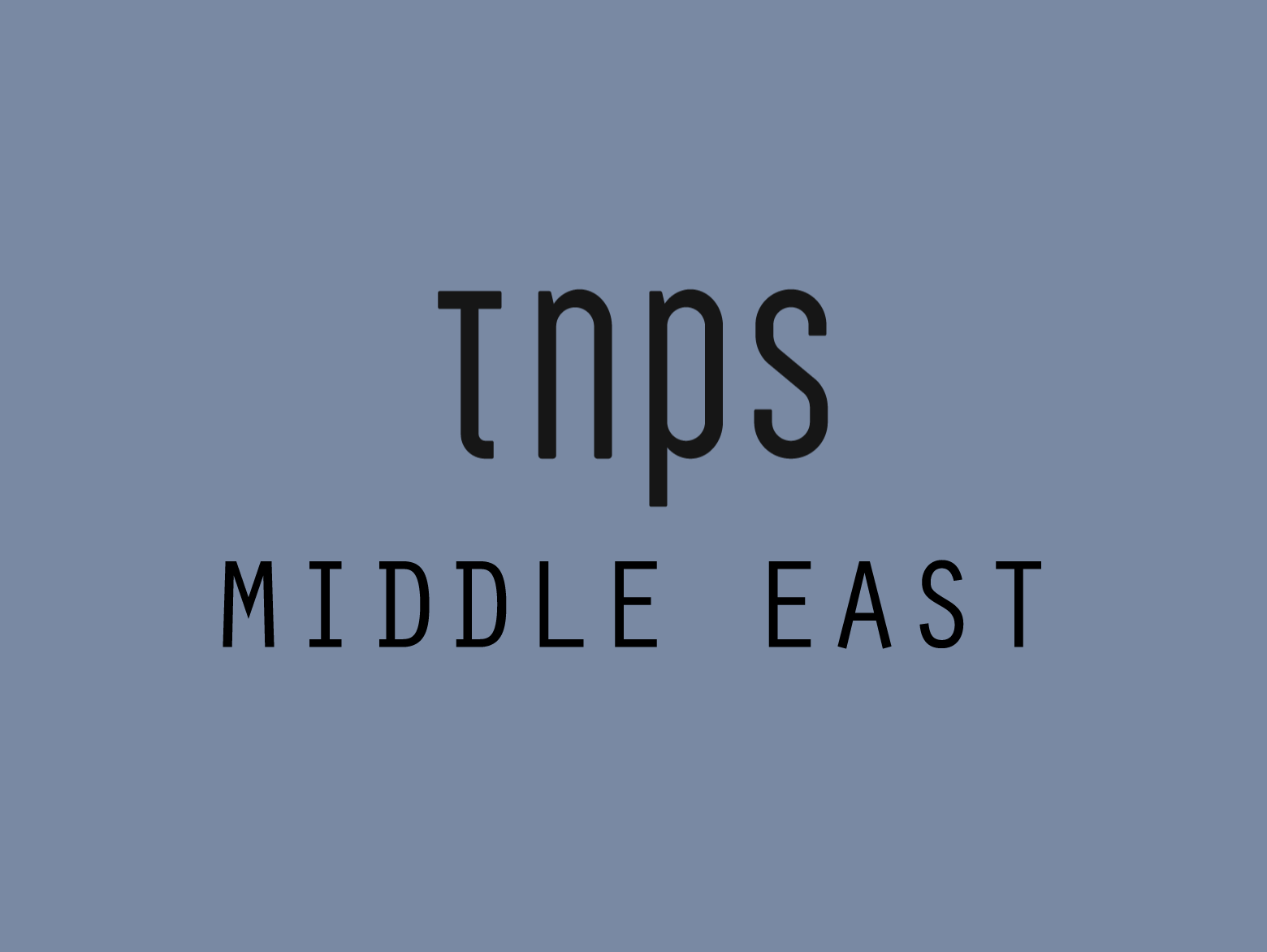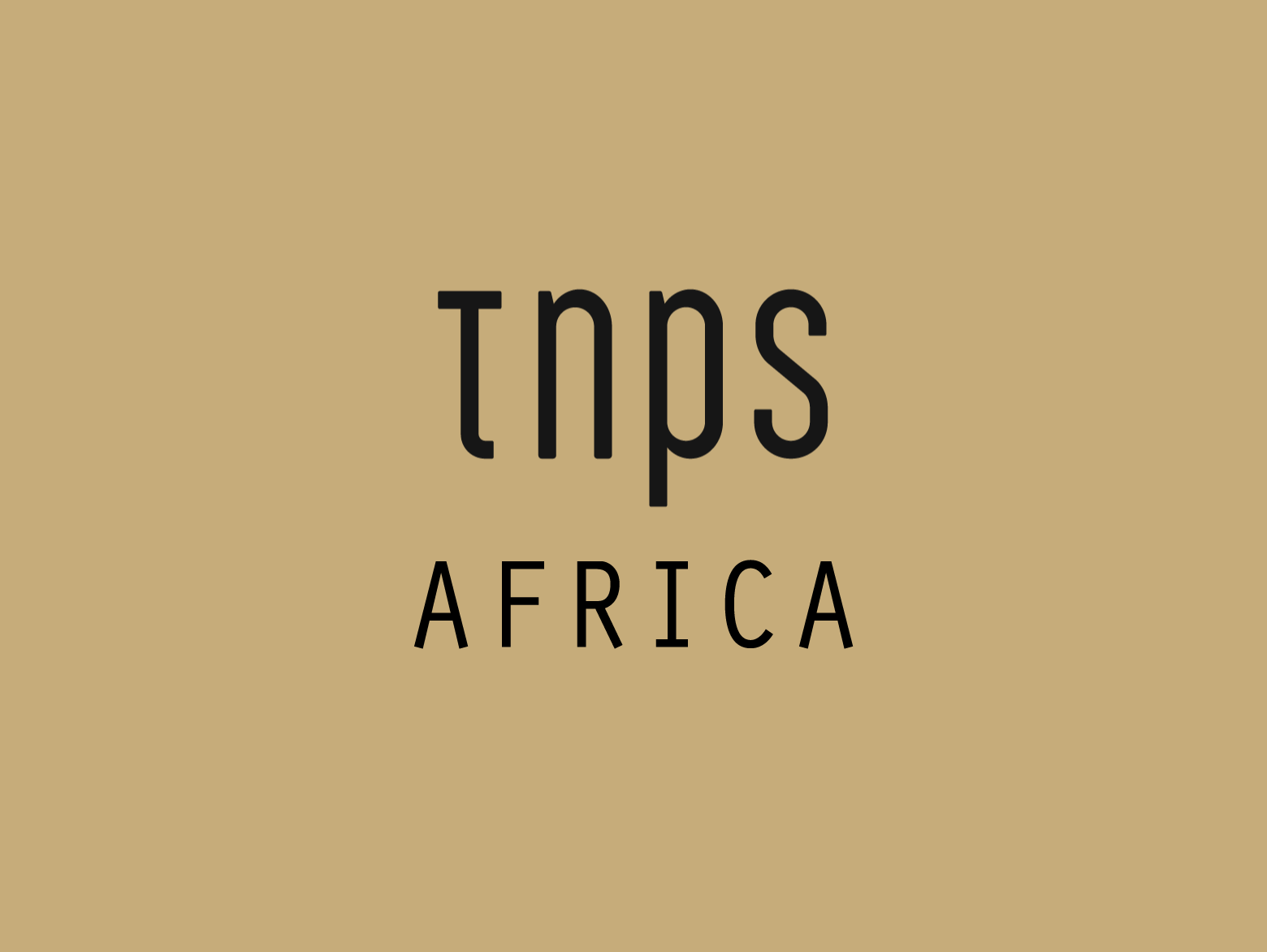Literacy becomes an educational conveyor belt. This year the class will read this book. Can’t read? No matter. Just sit there bored stiff and disruptive until you’re old enough to leave school.
The Philippines Book Festival, set for June, hopes to rescue plummeting literacy rates and revive reading in the country – and some of the proposals would work well for countries like the US and UK where complacency about literacy rates is a breeding ground for future problems for publishers and the nations.
Per a recent joint UNICEF-UNESCO report, fewer than 10 percent of Filipino children can read simple text or comprehend a story. What chance the future of the nation if the next generation cannot read?
The Philippines National Book Development Board (NBDB) is already addressing this with “Book Nooks”, described as places for storytelling, book clubs and writing workshops in the community, and Book Nooks will be central to the largest traveling book festival in the country, the Philippine Book Festival, that starts in June.
The focus will be on Filipino authors and Filipino literature, which may sound so obvious as to not need stating, yet stating the obvious was necessary to make a point.
Per NBDB Executive Director Charisse Aquino-Tugade:
How come we know about Shakespeare? How come we know about all of these global authors, but we don’t even know the works of our own? We have amazing Filipino-authored content yet we lack access.
Per Lance Bixler, writing in VigourTimes, “The Philippine Book Festival promises to give access to our own stories in a way that Filipinos can relate more easily, and in various dialects.”
All too often in developing nations, “literature” is taught for its own sake, as per the Shakespeare example, and this has echoes in western education, where schoolchildren in the US and UK, for example, are expected to read Shakespeare and similar “classics” not for enjoyment but as a school chore.
Teachers go through the motions, children repeat words that have little meaning and no interest, and a new generation of literate illiterates are created – school-leavers and adults who can read functionally, but have never experienced the joy of reading for its own sake.
In developing nations that often means “foreign” texts are given more importance than local texts, and perceived classics – not for one second ever written for children – are given more importance than modern literature written for children.
In the so-called advanced countries, while children’s books are readily available, we still have the nightmare scenario of children who are barely literate and may be able to read short words, but do not meaningfully comprehend what they are reading.
In the US and UK, so-called phonics programmes have much to answer for, and publishers must share the blame.
Here in The Gambia, imported UK phonics programmes are standard, and literacy rates are abysmal. It’s saddening to see early teen children being asked to buy and read Animal Farm, for example, when they have never even read a simple children’s book for pleasure. Another year it might be a Dickens novel, or… Most of these kids cannot get past the first paragraph.
Literacy becomes an educational conveyor belt. This year the class will read this book. Can’t read? No matter. Just sit there bored stiff and disruptive until you’re old enough to leave school.
In my school, by contrast, 98% of our nursery school (3-6) students graduate to Primary able to read, because we don’t waste the children’s most valuable learning years doing phonics chimpanzee impressions when they could be learning to actually read, and more importantly wanting to read because they enjoy it.
#PhilippinesBookFestival #Philippinespublishing #Philippinesbookmarket #SEAsiabookmarket #phonicsfail #phonicschimpanzeenoises





